Frequently Asked Questions
*Answers in BLACK apply to all interviews.
**Answers in BLUE apply specifically to MED SCHOOL interviews.
Why should I prep before my interview?
You can interview without much preparation and be just fine. However, spending time preparing for your interviews will help you familiarize yourself with typical questions and prepare thoughtful answers for them. You’ll be able to go deeper in your responses having already considered many topics, as well as practicing discussing them, and receiving feedback about your responses. Those deeper responses are more likely to help your interviewer feel like they know you and advocate on your behalf in the admissions process.
Prepping for MED SCHOOL interviews is more specific. You’ll need to consider your responses to typical interview questions, as well as preparing for MMIs, which include hypothetical scenarios and timed responses.
Does every college offer interviews?
No. Not every school offers interviews. Check each school’s website or reach out to the admissions staff to learn what your options are. You might interview with an admissions rep or a senior on campus, or with an admissions officer who travels to your school. Some colleges use alumni interviewers - they should meet you at a neutral location, like a coffee shop.
Does every MED SCHOOL require interviews?
Some medical schools require interviews of all applicants, while others will offer interviews to select candidates after they’ve applied. Check each school’s website to see what the policy is, so you’ll know if you should plan to interview. The format of medical school interviews varies too, so it’s important to know what to expect and prepare accordingly.
Is an interview really important?
You can ask the admissions staff at each institution if their interviews are evaluative or informational. They might even give you some insight into how much an interview is weighed as they are making admissions decisions. While bad interviews are rare, they can hurt your chances of admission.
Recently, with AI tools increasingly being used when writing personal statements, many selective colleges are placing greater emphasis on interviews to help get to know and distinguish applicants.
Should I interview, even if it’s optional?
When offered, an interview is a great opportunity to add some personality to your application, which is otherwise mostly facts. In addition to the required lists of courses, grades, and extracurriculars, adding an interview allows you to discuss the reasons why you’ve made certain choices and why you aspire to the goals you’ve set. If you prepare in advance, you’ll be able to make an even stronger impression on your interviewer.
When should I interview?
Most colleges offer interviews as you head into your senior year and up until their application deadlines. Check each school’s website or reach out to the admissions staff to see if you can interview earlier - over the summer or even at the end of junior year - if that’s when you’ll be on campus, or to inquire about interview options closer to home. Make sure you are prepared for the interview before making your appointment.
Most MED SCHOOL interviews will happen after you’ve submitted your application. Some will be by invitation only.
Is an on-campus interview better than an off-campus, virtual, or alumni interview?
At most colleges, any interview will be counted the same, and it’s almost always advantageous to do one. Check each school’s website to see which options they offer.
What is an MMI-style MED SCHOOL Interview?
MMI = Multiple Mini-Interviews, an evaluation format designed to introduce you to several interviewers, so your assessment is based on many people’s interactions with you. You will encounter hypothetical scenarios that will challenge you to think critically and communicate clearly. Often, you’ll be speaking to the gray areas of medicine, so your interviewers can understand your ethics and your potential to work with patients.
Is a traditional MED SCHOOL interview or an MMI better?
You won’t usually have a choice about which type of interview a medical school offers. There are advantages to each style, and you should be prepared for both.
How do I prepare for my interviews?
Think about what’s most important for you to share with each school about yourself, and which questions you want to ask them. Make sure to do a bit of research about each school first too, so you don’t ask questions that could be easily answered online. Familiarize yourself with common interview questions, but don’t try to memorize your answers. Keep in mind that you’ll always be asked why you are interested in that particular institution. Reach out to Alison at Interview Prep!
To prepare for MED SCHOOL interviews, think about the same things: what you want to share with the school, and what you want to ask about the program. Keep in mind that you’ll always be asked why you want to be a doctor as well as why you’re interested in that particular institution. Reach out to Alison at Interview Prep!
